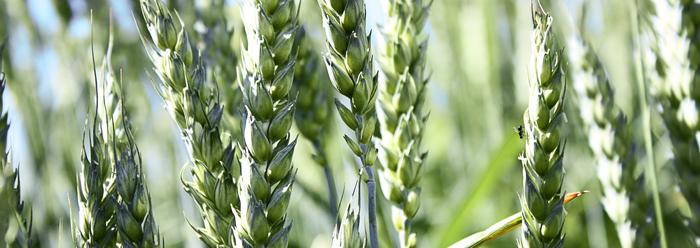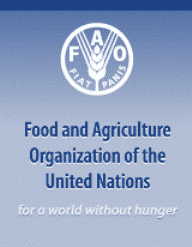
Optimised feedstock use
By biorefining a product – such a feed wheat – all valuable parts of the wheat grain are used, instead of using the grain in its unprocessed form, where only the available parts on the surface are used. Biorefining enables a number of high-value products, beside bioethanol, which would otherwise not have been utilised.
According to calculations made by Niras, biorefining enables a 20 % higher utilisation degree of the feedstock compared to traditional feed use. This is because you biorefine the feedstock, thereby opening up the grain and making all parts, including the valuable protein, available.
Valuable protein product
From Hveiti’s production you get a valuable protein product, which in Hveiti’s case will be sold to local Danish farmers. The world’s protein consumption is steadily increasing as more and more people eat meat. This has caused an increased need for protein for the animal husbandry. Because of this, the EU and Denmark import still larger amounts of protein, which mainly comes from South America, where more and more rainforest is cut down to make room for the cultivation of soya, which is very protein rich.
1., 2. or 3. generation biofuels
The sustainability of biofuels has nothing to do with 1, 2 or 3 generation, but is about an optimal use of resources based on the lowest possible CO2 emissions.
In relation to CO2 reduction capacity and climate change mitigation, it does not make sense to be thinking 1, 2 or 3 generation biofuels, as the CO2 reduction capacity from biofuels has nothing to do with which generation technology you use. On the contrary, it has to do with the energy consumption in your production setup when producing biofuel seen over the entire life cycle of the product. This means that the less energy you use in the production, and the more you are able to get out of the raw material you use, the higher the CO2 reduction capacity will be.

FAO concludes in the report Biofuel co-products as livestock feed, that the global demand for agricultural land, as a consequence of the EU biofuel policy, is reduced by 3 million hectare.
This is due to the fact that the yields of crops grown in the EU are substantially higher than those of soybean in South America, and the fact that biofuel producers also make use of the by-products from the biofuel production.
Follow the developments within biorefining. hveiti regularly informs about our efforts to improve the environment.




